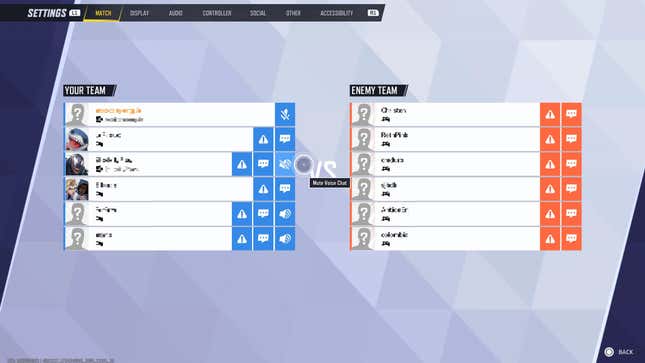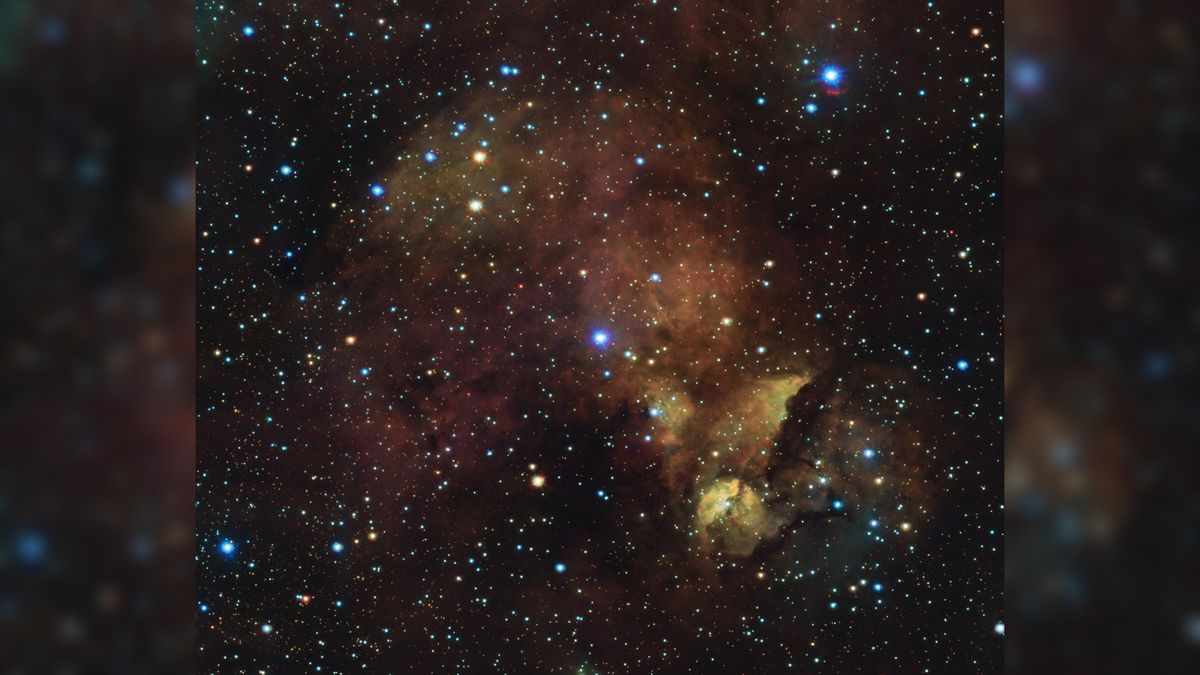Importance: Wildlife could significantly be affected by traffic.
Previous studies have shown that roads often affect the behavior of wild animals. However, distinguishing the impact of permanent changes to the environment, such as deforestation to erect highways, from that of daily human activity such as traffic, has been difficult. During the early stages of the Covid-19 pandemic, cars disappeared but the roads remained, creating a chance for scientists to differentiate the effect of traffic. The latest findings back up those from smaller, pandemic-era research, making it more evident that many wild animals adapt their behavior when cars vanish quickly.
It is good news in some ways, indicating that wildlife still has the flexibility or ability to adjust their responses to us, Dr. Tucker stated. For example, temporary restrictions on traffic in important habitats during critical breeding or migration periods could help animals thrive.
Background: Investigations are ongoing about the “anthropause.”
The sudden decline in human activity worldwide that followed the onset of Covid-19 is often known as the “anthropause.” Scientists worldwide have utilized this situation to learn more about how humans affect the natural world and what happens when they disappear.
The Covid-19 Bio-Logging Initiative, initiated in 2020, has produced the latest research. As a result of the lockdowns, scientists who were already monitoring wild animal activity for their own studies began collaborating, analyzing their data to discover more about animal behavior during the pandemic. In total, over 600 researchers have submitted more than a billion location records for about 13,000 animals from 200 species, stated Christian Rutz, a behavioral ecologist at the University of St. Andrews in Scotland and the initiative’s head, which is pursuing several lines of research.
In the most recent research, scientists analyzed the movements of land mammals during the initial lockdowns, which took place between February 1 and April 28, 2020, and compared them to those of the same period in 2019. Even though the researchers discovered some general patterns, they also uncovered significant variability, with more substantial effects identified in certain species and regions than in others.
What Comes Next: More data will soon be released.
Researchers are concerned with what happened after lockdowns were lifted and whether wild mammals returned to their prior movement patterns when people resumed their regular activities.
The bio-logging initiative continues, and Dr. Rutz says he expects to release more findings shortly about bird and mammal behaviors. “After a three-year journey, it’s so satisfying to be able to share these findings,” he said, “and we are already thinking about next steps for investigating human-wildlife interactions.”











